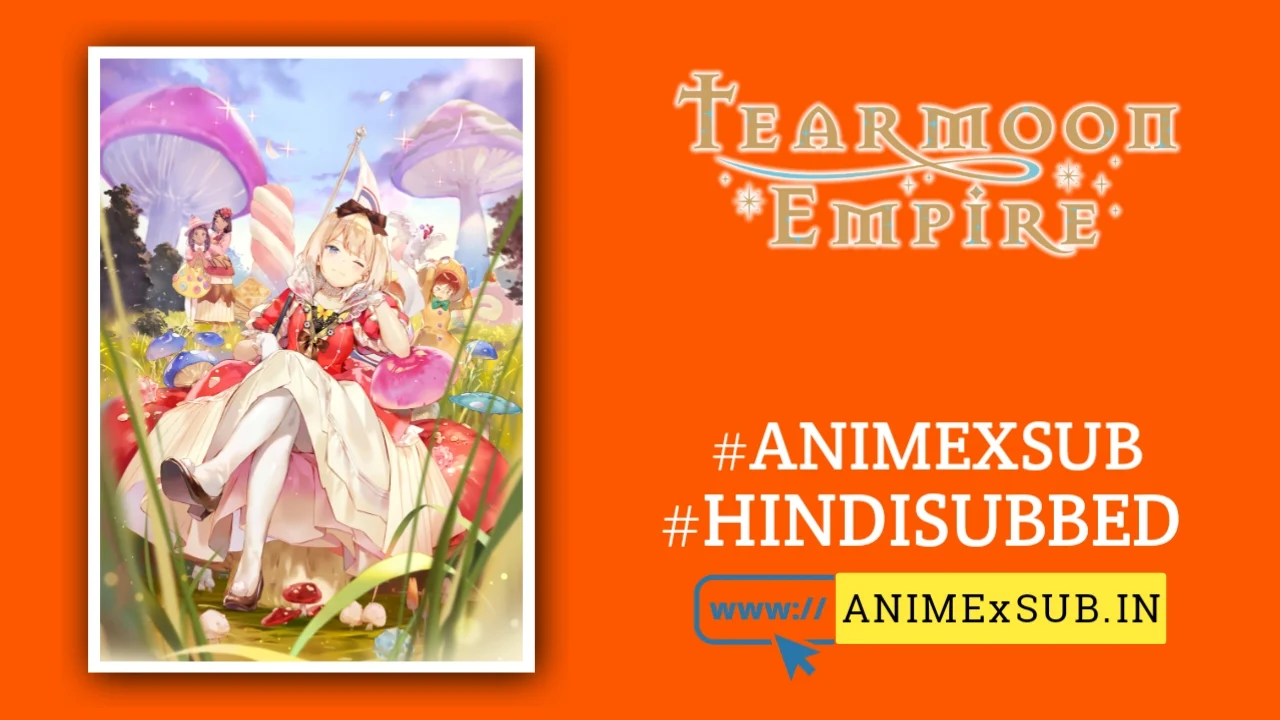
Tearmoon Empire Hindi Subbed [12/12] | Tearmoon Teikoku Monogatari Hindi Sub

Tearmoon Teikoku Monogatari: Dantoudai kara Hajimaru, Hime no Tensei Gyakuten Story
Tearmoon EmpireSynopsis
Twenty-year-old Princess Mia of the Tearmoon Empire, often scorned as the "selfish princess," was executed by guillotine in a rebellion. Next thing she knew, she awoke in her own twelve-year-old body, with her own blood-stained diary that she kept before she was beheaded sitting next to her pillow. Given a second chance at life, Mia decides to rebuild the empire. For the sake of Tearmoon's future? To save the people from starvation? For all the soldiers who lost their lives in the civil war? No! Everything she does in this life is for the sake of avoiding the guillotine! "F-For me, this should be a piece of cake!" Thus the useless, cowardly, self-serving princess brings about miracle after miracle in her great struggle to save herself in this altered-history fantasy. (Source: Crunchyroll)
Watch Trailer
Characters
Tearmoon Empire Season 1: A Sharp, Satirical Take on Time Loops and Redemption
Tearmoon Empire Season 1, a 2023 anime adaptation of Nozomu Mochitsuki’s light novel, delivers a fresh and witty spin on the isekai and time-loop genres, blending sharp humor, political intrigue, and a deceptively layered protagonist in a way that feels both familiar and groundbreaking. This 12-episode series, animated by Silver Link, follows Princess Mia Luna Tearmoon, a spoiled noble executed during a revolution, who awakens in her 12-year-old body with a mysterious journal and a burning desire to avoid the guillotine. What unfolds is a delightful mix of comedy, heart, and subtle commentary on power and perception that sets it apart from its peers.
A Premise That Subverts Expectations
At its core, Tearmoon Empire is a story about second chances, but it sidesteps the typical isekai tropes of overpowered heroes or grand destinies. Mia, voiced with pitch-perfect charm by Sumire Uesaka, is no saintly reformer. Her motivations are unabashedly selfish—she wants to save her own neck, not the empire. Yet, her bumbling attempts to rewrite history are hilariously misinterpreted as acts of profound wisdom and kindness, inadvertently reshaping the Tearmoon Empire for the better. This central conceit—misunderstandings driving progress—feels like a satirical nod to historical revisionism, where intent and outcome rarely align. It’s a premise that could easily grow repetitive, but the show keeps it fresh by weaving in new characters and conflicts that challenge Mia’s schemes in unexpected ways.
The time-loop mechanic, while not entirely novel, is executed with a light touch. Mia’s journal, a record of her doomed future, serves as both a guide and a narrative device, allowing the story to explore how small changes ripple into massive consequences. Unlike heavier time-loop stories like Re:Zero, Tearmoon Empire leans into comedy over despair, with Mia’s exaggerated panic and smug satisfaction stealing the show. Her internal monologues, filled with self-serving rationalizations, are a highlight, making her both relatable and absurdly entertaining.
World-Building and Themes: Light but Insightful
The world of Tearmoon Empire is a richly imagined feudal society teetering on the brink of collapse, with class divides and political corruption subtly mirrored in Mia’s own flaws. The anime hints at deeper systemic issues—poverty, noble arrogance, and revolutionary unrest—but doesn’t dwell on them, prioritizing humor over gritty drama. This choice makes the show accessible but occasionally leaves viewers wanting more depth, especially when compared to the light novel’s nuanced exploration of political mechanics. Still, the series excels at showing how individual actions, even accidental ones, can shift the course of history, offering a playful take on the butterfly effect.
Mia’s journey also touches on themes of redemption and self-awareness, though she never fully transforms into a “better person.” Her growth is incremental, rooted in pragmatic survival rather than moral awakening, which makes her arc refreshingly grounded. The supporting cast—loyal retainer Anne, scholarly Chloe, and rival prince Abel—add emotional weight, their loyalty to Mia often stemming from her unintentional kindness. These relationships ground the comedy, giving the story surprising heart without veering into sentimentality.
Visuals and Sound: Charming but Uneven
Visually, Tearmoon Empire opts for a bright, cute aesthetic that complements its tone. Mia’s exaggerated expressions—smug grins, wide-eyed terror—are a standout, capturing her personality perfectly. However, the animation quality falters in action scenes, with stiff movements and minimal fluidity that undercut key moments. The soundtrack, while pleasant, is unremarkable, serving as functional background music rather than a memorable component. These technical shortcomings don’t derail the experience but prevent the series from reaching the polish of top-tier anime.
What Makes It Next-Level
Tearmoon Empire shines in its ability to balance satire, character-driven comedy, and subtle social commentary. The show’s humor, driven by Mia’s misadventures and the world’s misinterpretations, feels sharp and purposeful, avoiding the slapstick excess of lesser comedies. Its take on the isekai genre—eschewing power fantasies for a flawed, self-interested protagonist—feels like a critique of the genre itself, poking fun at the idea of “destined heroes” while still delivering a satisfying narrative. The series also stands out for its pacing, with each episode introducing new stakes, from school dances to revolutionary plots, keeping the story dynamic and unpredictable.
Critiques and Missed Opportunities
While Tearmoon Empire excels in many areas, it’s not without flaws. The anime’s lighter tone sacrifices some of the light novel’s political depth, glossing over complex motivations and world-building details that could have elevated the story. Certain plot points, like the Remno revolution arc, feel rushed, resolving conflicts too neatly to maintain the comedic vibe. Additionally, the animation’s inconsistencies are a noticeable drawback, particularly in moments that demand visual weight. Viewers seeking a more serious or emotionally intense narrative might find the show’s breezy approach lacking, but for those who embrace its playful spirit, these are minor quibbles.
Why It Stands Out
Tearmoon Empire Season 1 is a rare gem that combines wit, charm, and a unique perspective on familiar tropes. It’s not the most visually stunning or emotionally profound anime, but its clever premise, memorable protagonist, and sharp humor make it a standout in the crowded isekai landscape. Mia’s journey—equal parts hilarious and heartwarming—offers a fresh take on redemption, proving that even a selfish princess can change the world, one misunderstanding at a time. For fans of My Next Life as a Villainess or The Executioner and Her Way of Life, this series is a must-watch for its irreverent humor and inventive storytelling.
Rating: 8/10 – A delightful, subversive comedy that punches above its weight, despite some technical and narrative shortcomings.
Support Our Anime Community!
Love watching the latest anime? Help us keep uploading new episodes by join telegram channel ❤️
Join Now!



















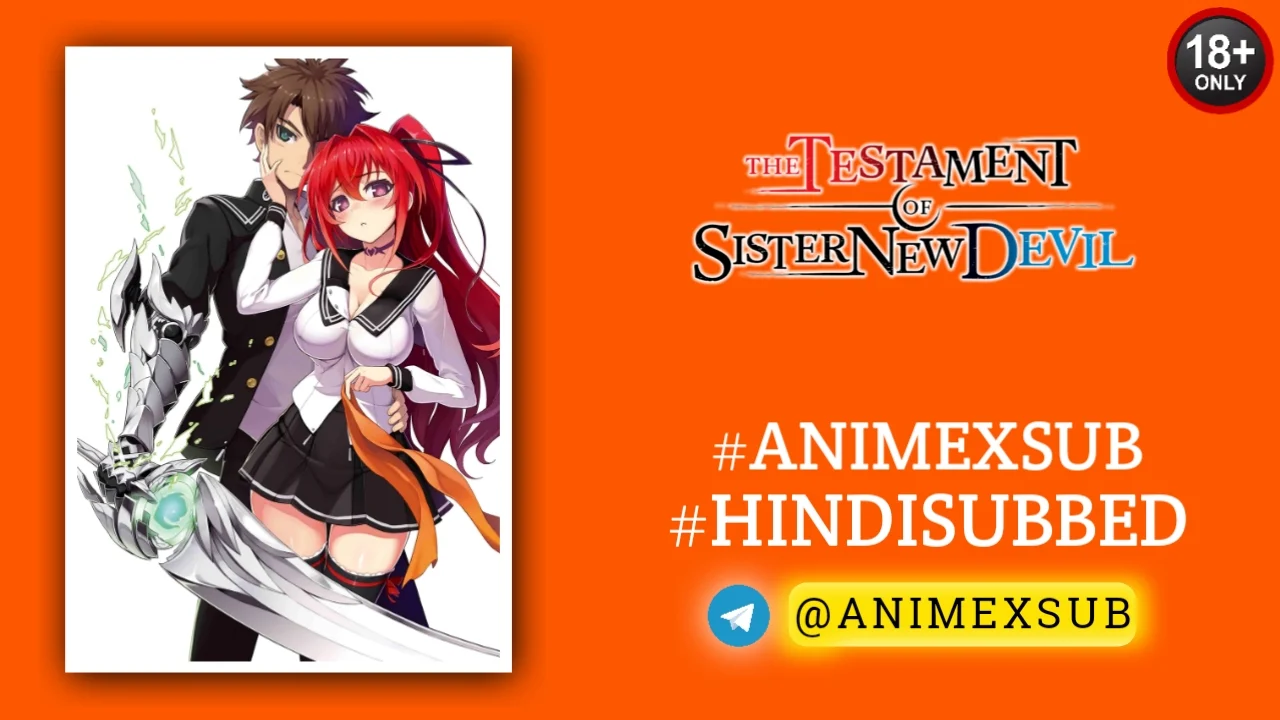
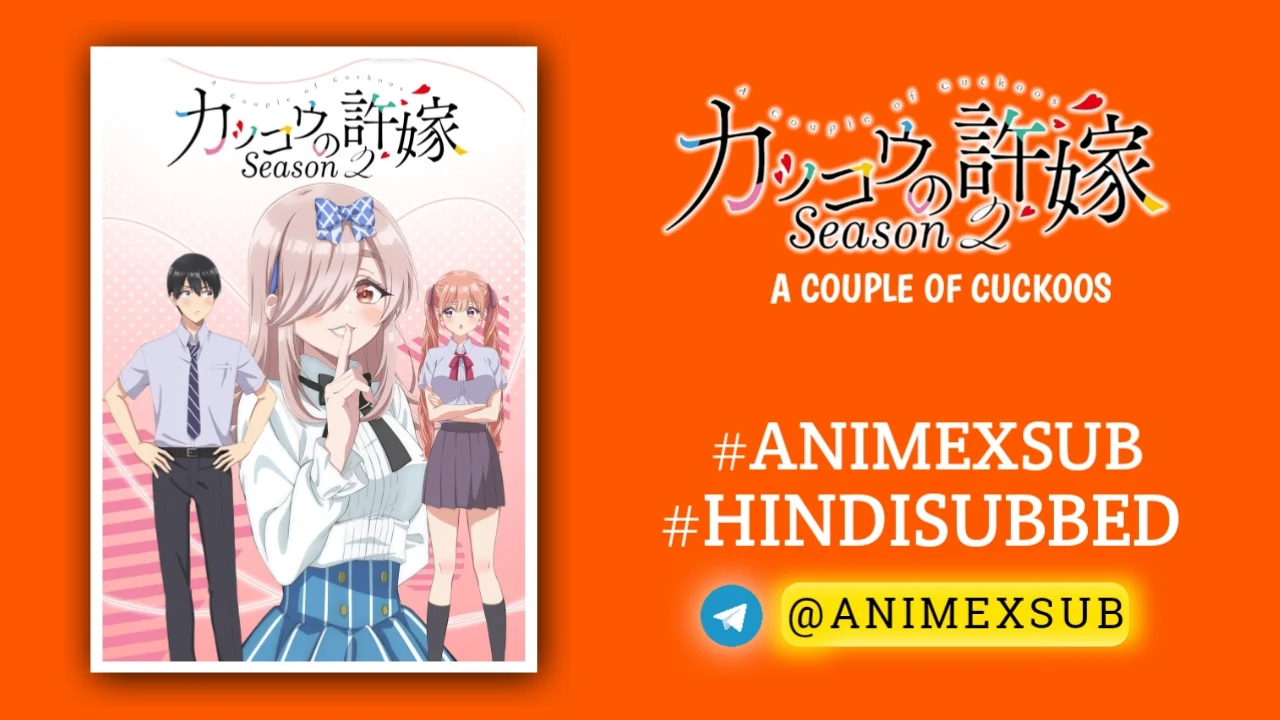
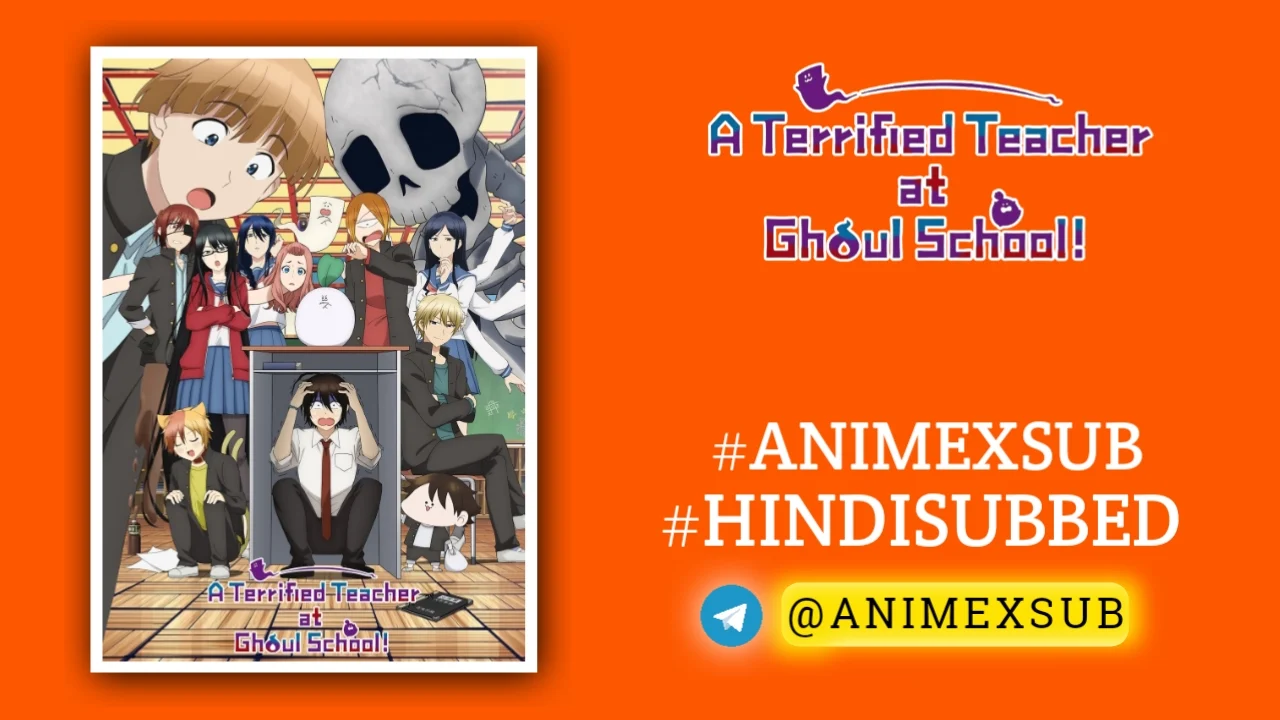
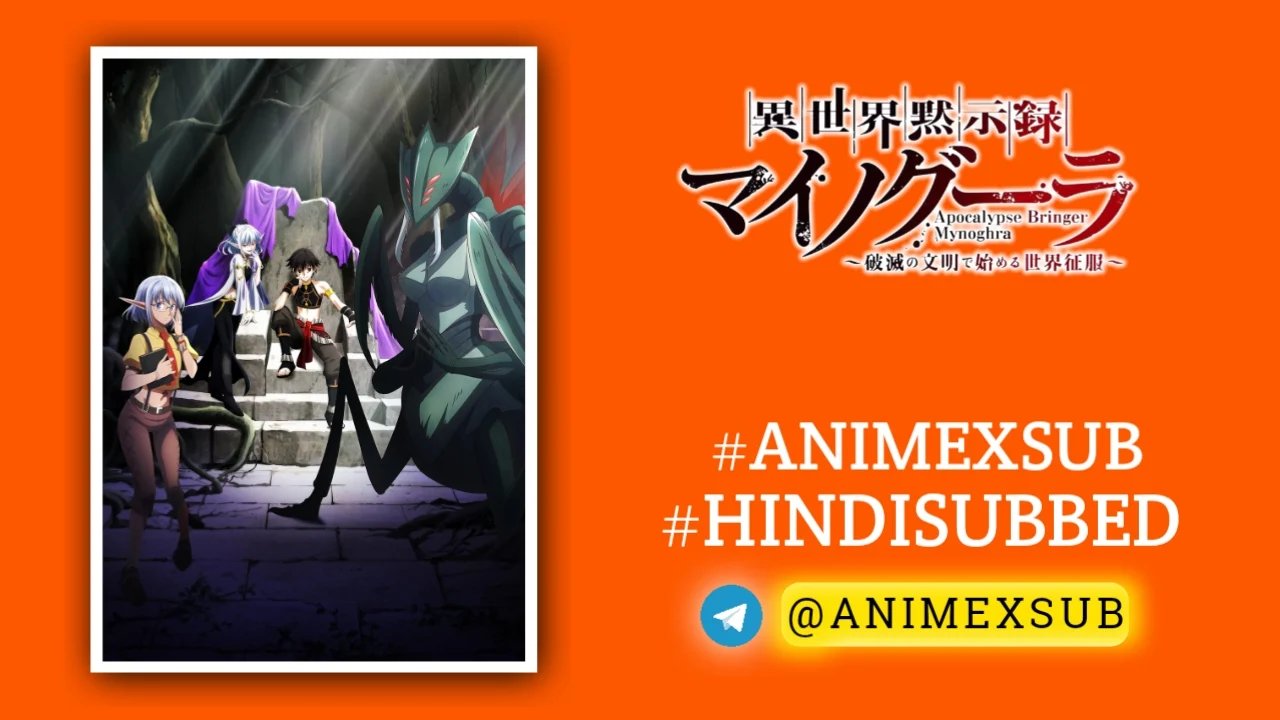
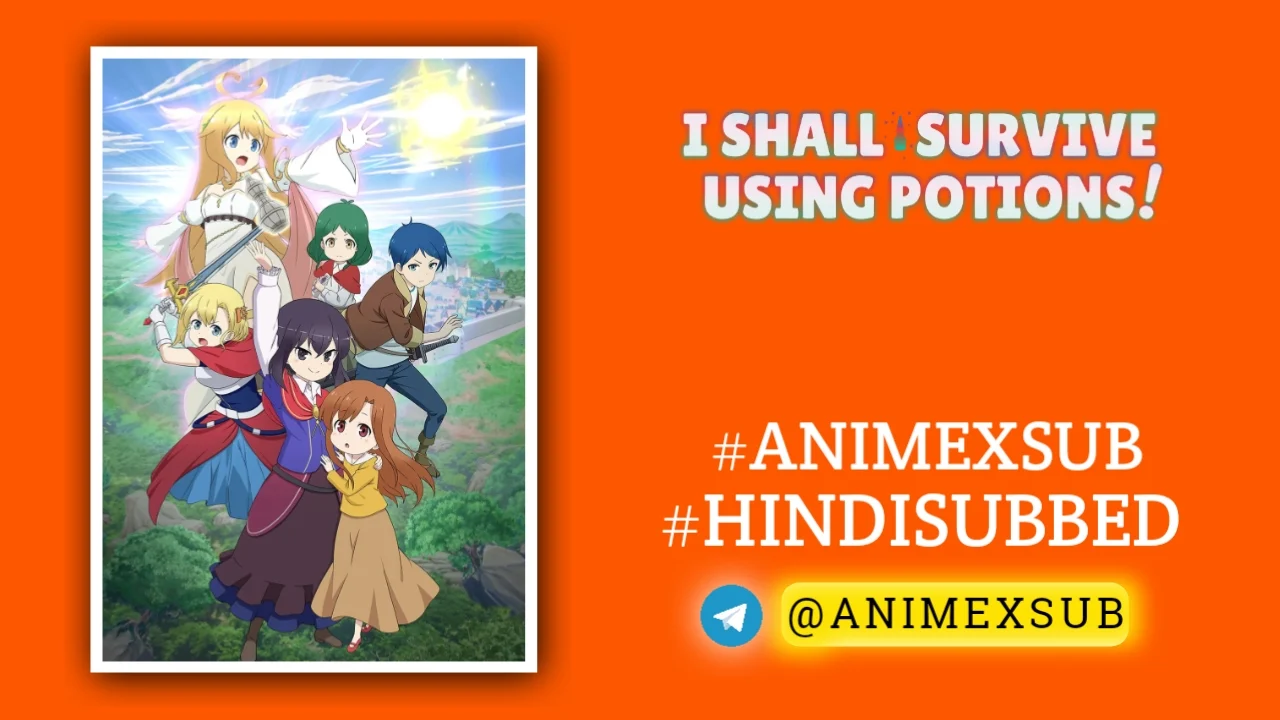

Episode download nhi ho rahe file nhi h ep ki
Thanks ho gya fix